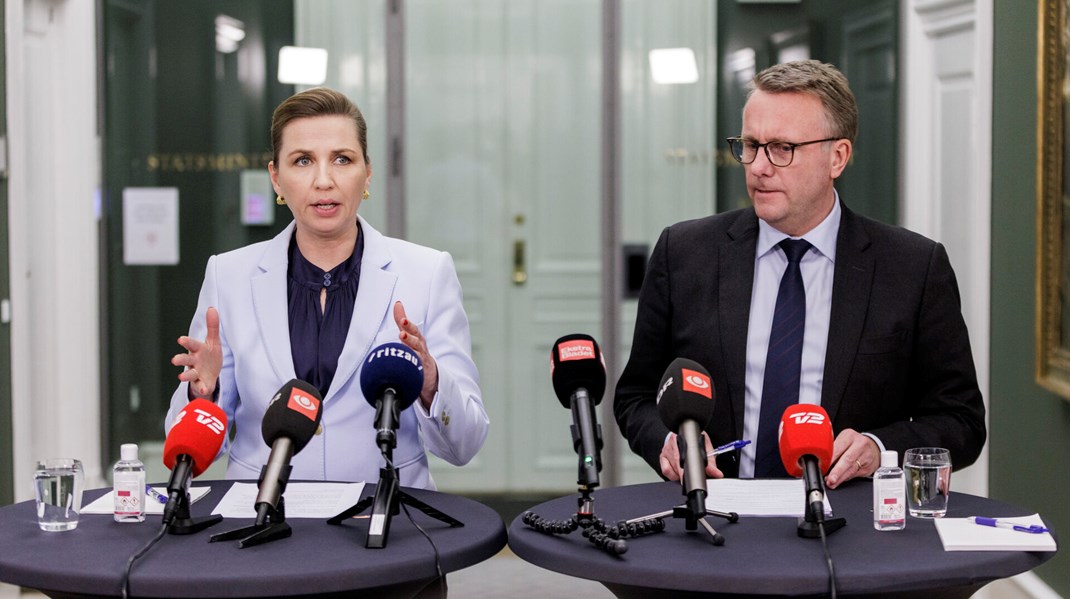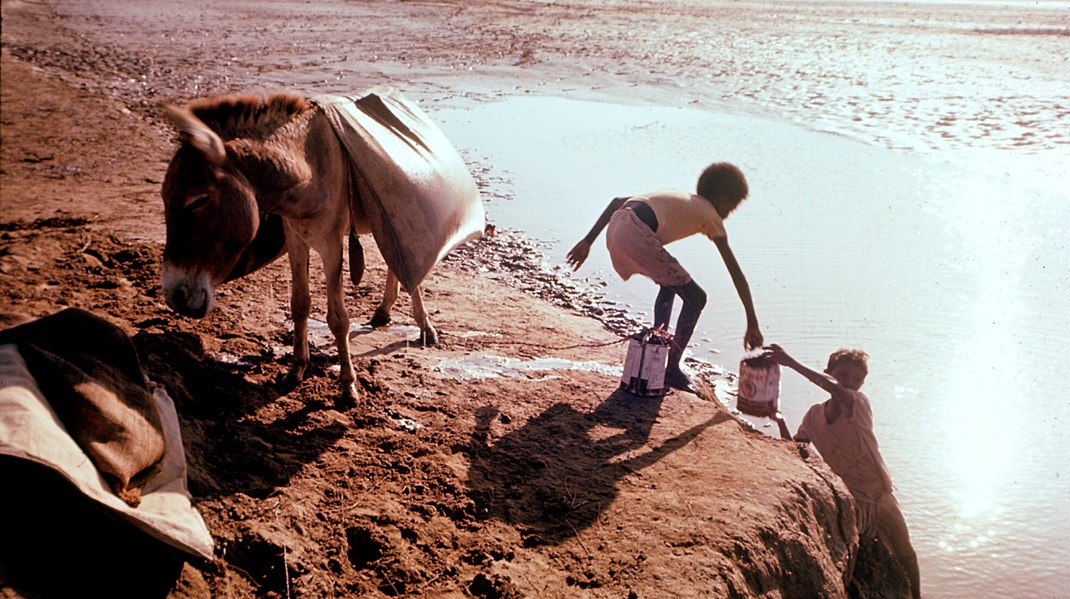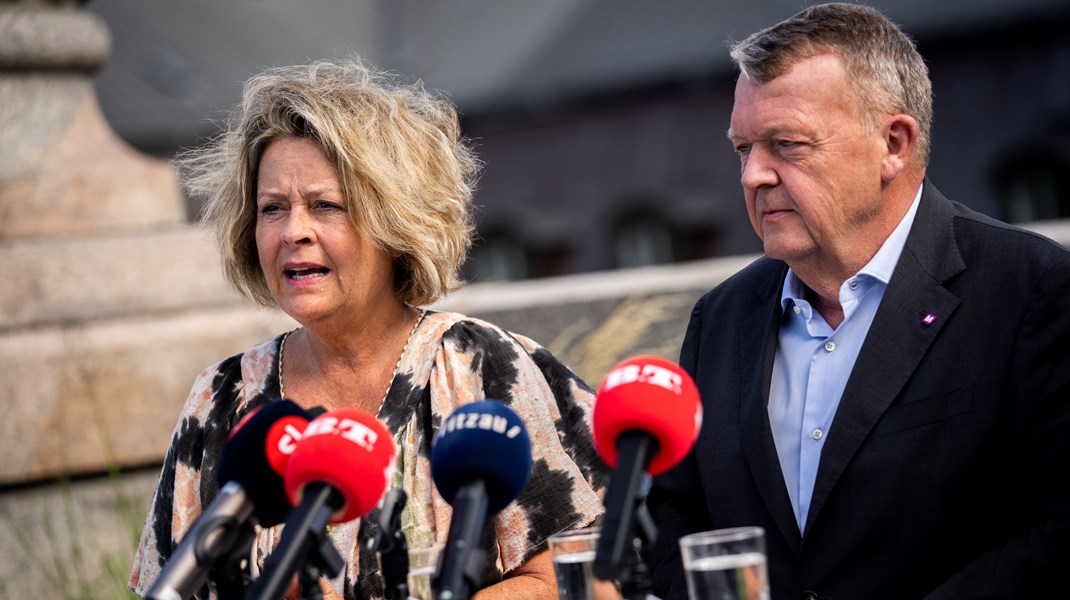Fighting displaces 75,000 people in north-central Somalia
Situation overview
Fighting continued for the third week in Gaalkacyo, leaving 18 people killed and 60 injured since 7 October 2016, according to local authorities. By 23 October, humanitarian partners in Gaalkacyo now estimate that over 75,000 people have been displaced, but local authorities have indicated that the number could be higher as more people continue to flee the violence. Renewed heavy fighting erupted on 22 October 2016, leaving six people dead, 21 injured and displacing thousands of people to the outskirts of the town, according to local authorities. Renewed clashes were also reported the morning of 24 October. An estimated 20 per cent of the fatalities and injuries are civilians, many of them due to stray bullets. All the internally displaced (IDPs) settlements in south Gaalkacyo with an estimated population of 20,000 have been vacated. An estimated 60 per cent of the IDPs in north Gaalkacyo have faced secondary displacement from their settlements. Altogether, some 40,000 displaced people have faced secondary displacement. The displaced have moved to villages and settlements in the outskirts of the town on both sides. Gaalkacyo town has an estimated population of more than 270,000 people, according to UNFPA figures. The Federal Government of Somalia’s efforts to restore peace in Gaalkacyo are under way. In December 2015 when a similar conflict broke out, efforts from the political leadership at Federal level and the regional bodies such as IGAD spearheaded talks led to the cessation of hostilities. A recommendation from the 2015 fighting after negotiations that a joint committee be established to look into the root causes of the fighting and avoid future conflicts did not take off.
An inter-agency assessment conducted on 19 October 2016 by humanitarian partners and local authorities established that all IDP and host community settlements around the Garsoor area where the fighting is concentrated have been vacated. Locals have expressed concern about the lack of progress on the peace process. The fear that the conflict may last longer than anticipated is driving more people out of their homes. The conflict in Gaalkacyo will worsen the situation of IDPs, especially those facing secondary displacement. The impact of the conflict is putting a strain on depleted humanitarian supplies meant to respond to the needs of those affected by effects of natural hazards such as flooding and drought in the region as the Deyr rainy season begins.
Humanitarian impact and needs
Assessments by humanitarian partners and estimates from the fighting of 22 October indicate that over 75,000 people have been displaced. All 13 IDP settlements in south Gaalkacyo and another eight in the north of the city have been abandoned. Most of the displaced have fled to the villages and settlements in the outskirts of the town.
Some of the displaced local residents from the host community have fled to rural villages and other outlying towns where they are staying with friends and relatives. The displaced people are in need of shelter/NFIs, food, water/sanitation services, health, nutrition and protection related interventions. The onset of the rainy season is likely to affect the displaced especially those spending nights in the open. Some 80 per cent of the displaced are women, children and elderly. Since the fighting started, UNHAS has been forced to cancel four scheduled flights to Gaalkacyo as a safety precaution. The fighting has affected over 20,000 learners as all schools remain closed.
Insecurity due to the fighting has resulted in most humanitarian organizations limiting staff movements as a safety precaution. The disruption and partial closure of businesses and commercial activity continue to affect the livelihoods of tens of thousands of people who depend on the markets for survival. The conflict has also impacted livestock owners and traders who rely on Gaalkacyo as the transit center for trucks carrying livestock to the port of Bossaso. The only known hindrance to the movement of humanitarian supplies between the two sides, are concerns regarding staff safety and security. Gaalkacyo provides the access network to central regions such as Hiraan, Galgaduud and South Mudug for commodities from the port of Bossaso. Conversely agricultural products and livestock from South Central pass through Gaalkacyo onward to northern towns.


